Ennio Flaiano and the pride of being Abruzzese
Dear Scarpitti, now that you make me think about it, I too wonder what I have kept of Abruzzese, and I must say, alas, everything; that is, the pride of being Abruzzese, which comes back to my throat when I least expect it, for example this summer in Canada, talking with some Abruzzese from the Montreal community, extraordinary people who are faithful to the memory of their land.
So wrote Ennio Flaiano to his friend Pasquale Scaltritti, journalist and man of letters, another Abruzzese in love with his land. It is the incipit of a long, beautiful letter that reveals the deep bond the writer maintained with his places of origin, his sense of belonging to that culture and his recognition of the distinctive traits of the people of Abruzzi: tolerance, good humour, frankness, but also a sense of the vanity of things, carelessness.
Flaiano was one of the most interesting intellectuals on the Italian scene and the first winner of the Premio Strega in 1947 with his novel Tempo di uccidere.
With his highly personal and always recognisable style he ranged from literature to journalism, from radio to cinema, which owes to him the screenplays of unforgettable films such as La dolce vita or Vacanze romane.
Ironic and biting, with his aphorisms he stigmatised aspects of 1950s and 1960s society, highlighting its paradoxes.
In 1973, a year after the writer's death, the Flaiano Prize was established in Pescara and has been held annually ever since. It is actually a series of competitions, events and reviews of cinema, theatre, literature and television that celebrate Flaiano's multifaceted and versatile personality.

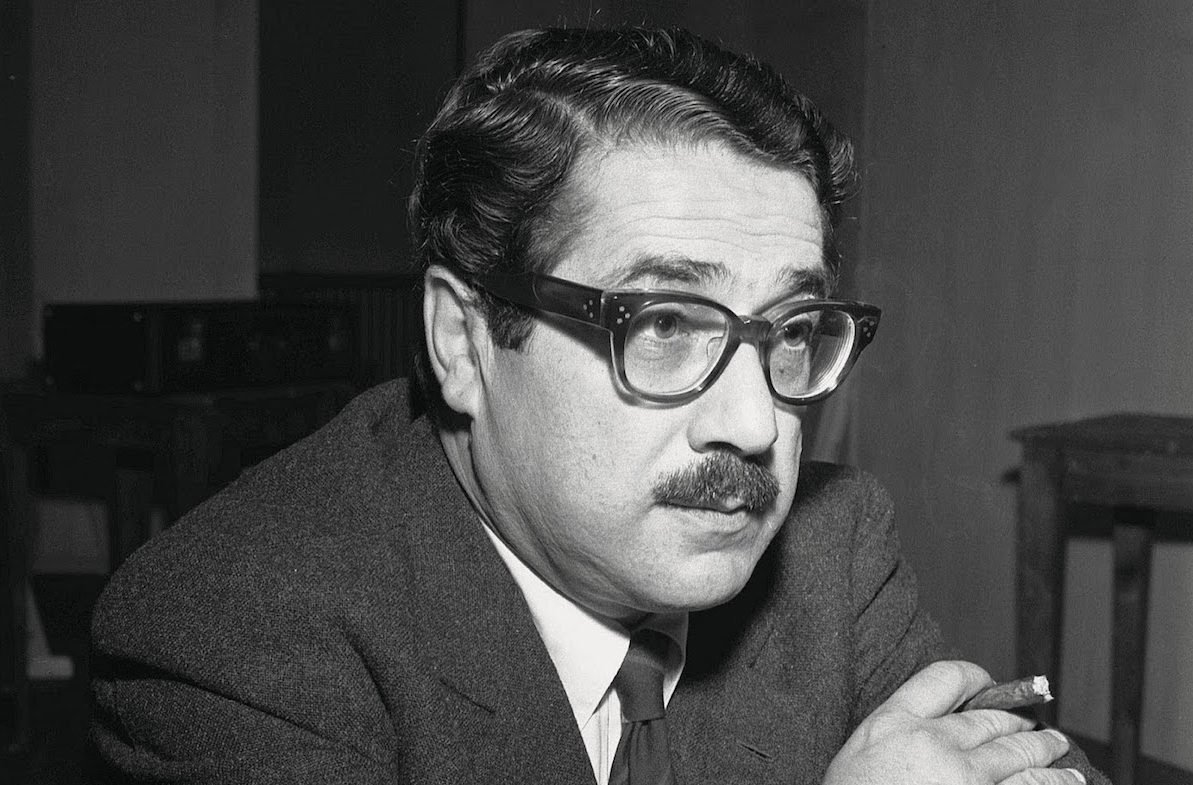
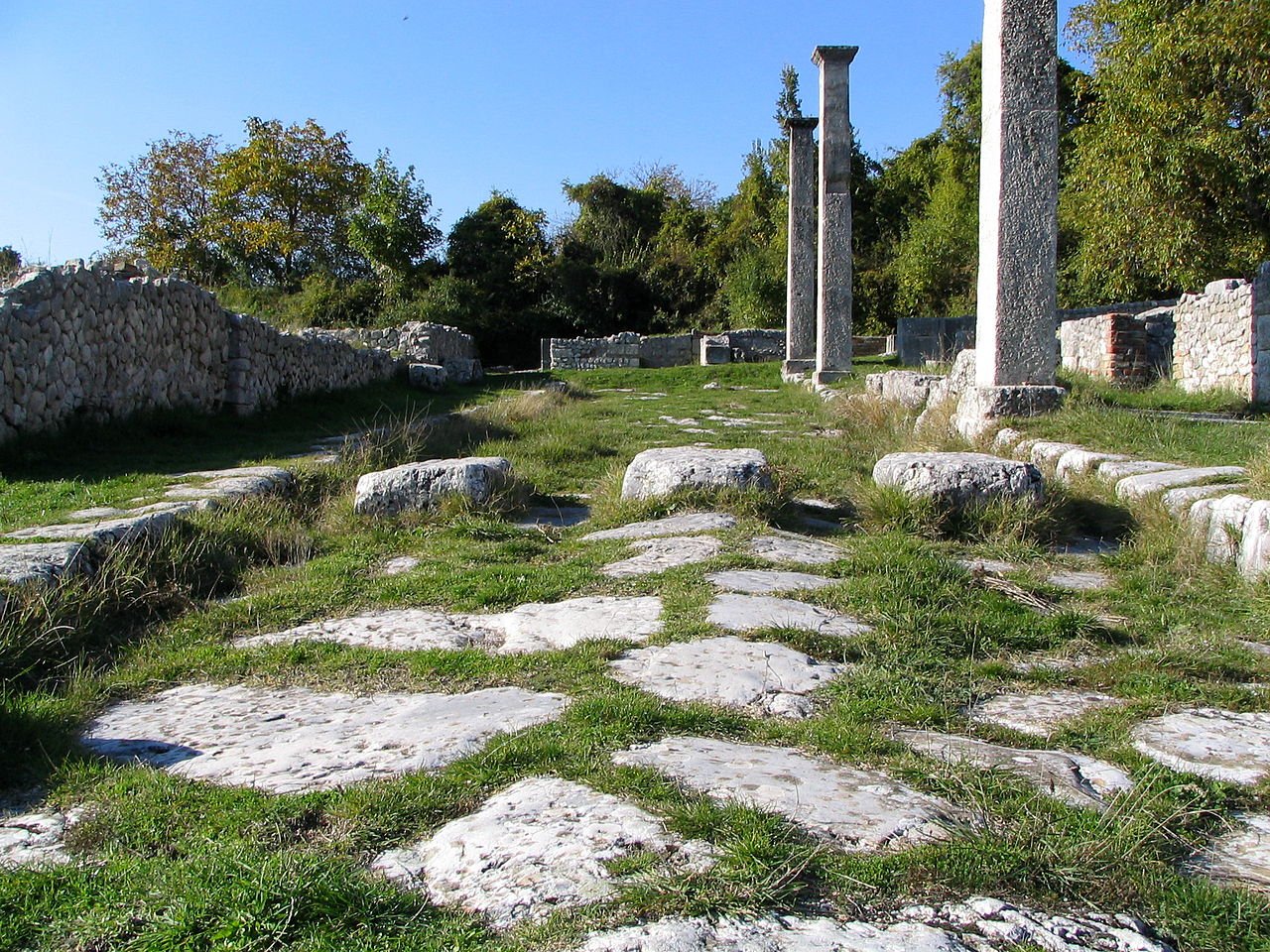
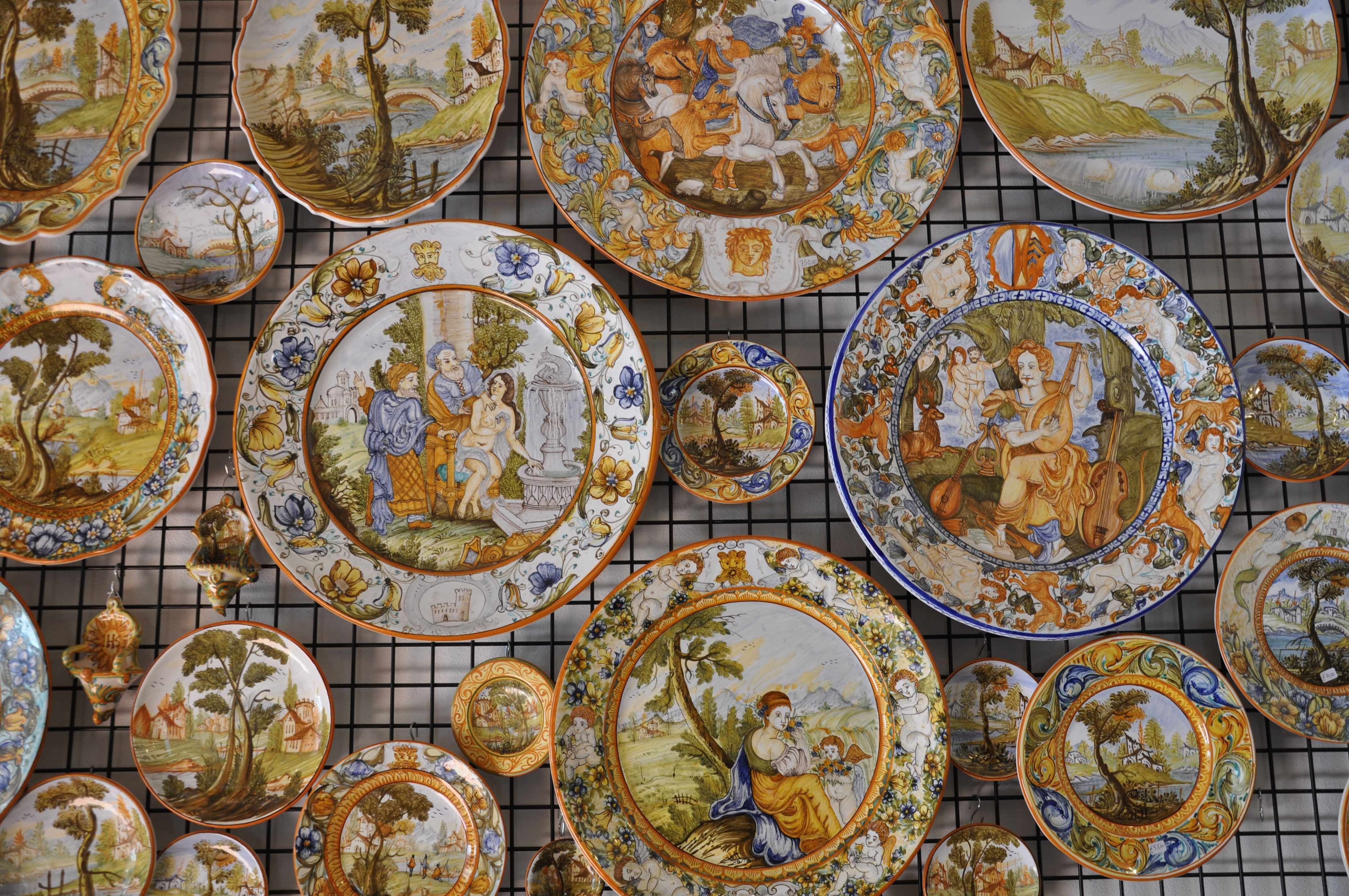

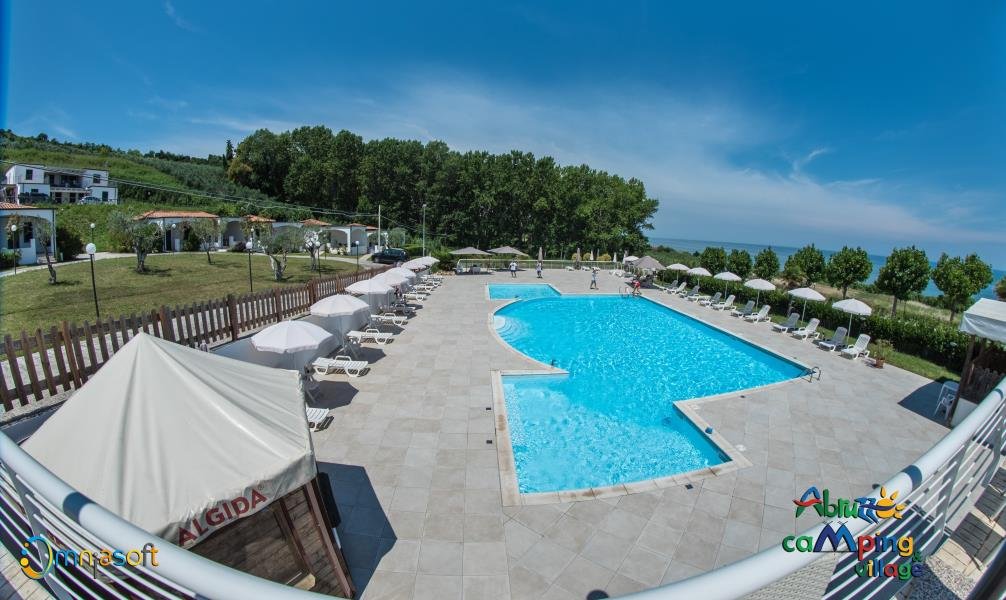
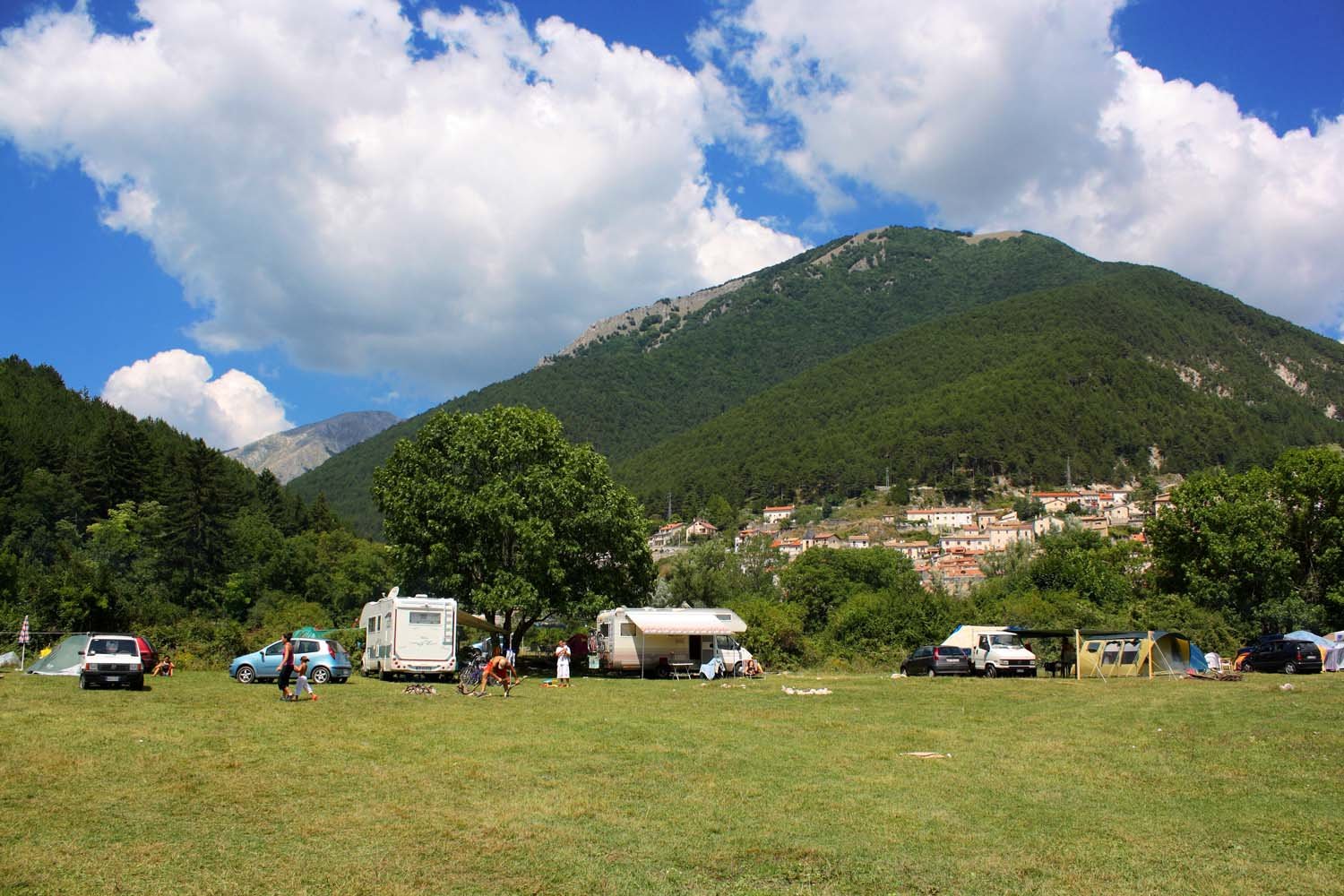


 IT
IT EN
EN DE
DE